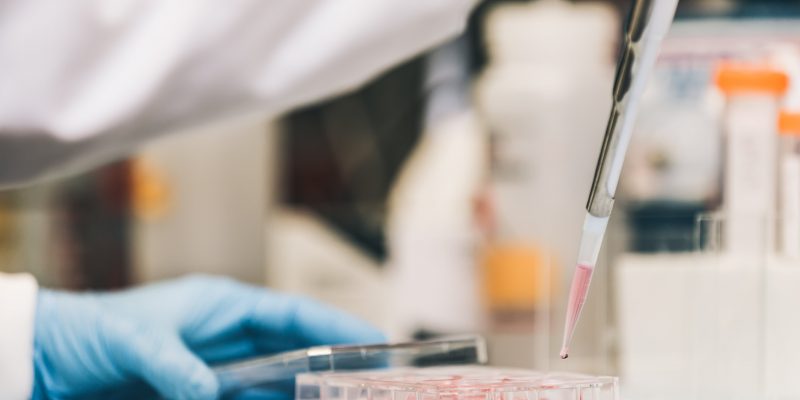University of Florida – Lead Investigator Dr. Hans Ghayee

The absence of safe and effective treatment for metastatic pheochromocytoma/paraganglioma (PCC/PGL) that is especially prevalent in carriers of deleterious mutations in the subunit B of succinate dehydrogenase complex (SDHB) remains the highest clinical concern. With the support from the SDHB Pheo-Para Coalition, the research team from the University of Florida (UF) undertook a metabolomics approach to compare the metabolite contents of the tumors with and without SDHB mutation. Their analysis of the metabolome in cell lines and patient tumor samples with SDHB mutations demonstrated augmented activity of polyamine pathway upon SDHB deficiency.
In agreement with the metabolomic analysis, inhibitors of the polyamine pathway, N-alkylated polyamine analogues, proved to be remarkably potent against tumor cells with a loss of SDHB function, both in vitro and in the mouse xenograft model. The team is in the process of solving the mechanism on how this works. The goal is to see if compounds targeting the polyamine pathway can be brought to clinical trials in PCC/PGL safely.